10 Common Coin Collecting Mistakes & How to Avoid Them
Some great, no-nonsense ways to avoid some common mistakes in the school of hard knocks.
By Ross Burgess, Special To The CDN Blog
Have you heard the tale of the poor collector who bought a mint condition 1850 $20 gold piece for $102,000, only to turn around and ruin it? To the pure horror of the numismatic community, the buyer scrubbed away the patina and, as a result, a huge portion of the piece’s worth. The coin could have been worth $250,000 had he not tried to improve it himself. The moral of the story? Even serious coin collectors occasionally make mistakes, and it’s easy to do if you’re not extremely careful. Here are some commonly made coin collecting mistakes you should know about before you so much as pick up a rare coin.
- Cleaning Your Coins—As we learned from the sad tale above, one of the biggest mistakes new numismatists make is improperly cleaning coins so the finish becomes compromised. Coins aren’t like antique cars—they shouldn’t be buffed to a perfect shine, and cleaning them properly is a real art. If your coins are discolored or damaged and need to be conserved, it’s best to submit them to professionals, such as those at the Numismatic Conservation Service.
- Not Being Able to Identify Fakes—Sadly, the numismatic community is not immune to counterfeiting, and even eagle-eyed collectors occasionally get duped. If you want to be sure that you’re getting what you’re supposed to be getting, make sure to inspect your coins with a microscope and compare it against an example from a reliable source. Taking a closer look with a digital scope will help you identify common counterfeiting signs quickly and conveniently. You can capture an image of a coin and upload it to a computer right away.
- Using the Wrong Resources—Another common mistake among new coin collectors is investing in the wrong resources. Though there is some debate about the best grading and guide books out there, by and large most collectors trust the Whitman Red Book (officially known as A Guide Book of United States Coins). But you really should inquire within the coin collecting community about which resources are best, especially if you have a specific interest within this field.
- Not Properly Protecting Your Finds—Like anything you value, it’s well worth the extra money and effort to make sure your coin collection is well protected from any potentially compromising damage. Invest in archive-grade coin holders that won’t expose your coins to any dust, dirt, acids, or other environmental factors that could lower their worth over time. This is another area where it’s a good idea to consult an expert to ensure that you don’t make an extremely costly mistake in the process.
- Buying from the Wrong Dealers—Make sure you only purchase rare or valuable coins from highly reputable, well-vetted sellers. The fact of the matter is that it’s not particularly difficult to make counterfeit coins or to be fooled, so you really need to be sure your dealer is thorough and well-educated on the nuances of numismatics. The best way to find sellers in your area is to reference the CDN Dealer Directory.
- Touching Coins with Your Bare Fingers—Treat your coins like you would treat the invaluable masterpieces at an art museum. Never expose them to the dirt, grime, oils, and chemicals that may be on your hands. Instead, handle your rare coins only with soft, cotton jeweler’s gloves. Other materials could have tiny, sharp fibers that could scratch the surface of your coins, so stick to cotton.
- Searching for Coins Just One Way—Are you a coin roll searcher, a detector-wielding digger, an antiques picker, or a perpetual money show-goer? We know that almost all diehard coin collectors have their preferred method of procuring rare currency, but try not to get too stuck in your ways. The best numismatists and collectors are those who obtain coinage through a variety of different channels, not becoming married to a single one. Branch out!
- Not Joining the Coin Collecting Community—The thing about coin collecting is that there’s a lot of nuance to it, and ironing out the details is easier with the help of people who share a similar interest or who have experience with certain aspects of the hobby. Cleaning, storing, buying from the right dealers—all of these things are made easier with input and guidance from fellow collectors. Join by engaging in online coin collector communities, joining coin clubs, and attending local coin shows.
- Not Doing Your Research—The key to expanding your coin collection (and learning a thing or two while you’re at it) is to constantly do your research surrounding the rare, unique, and valuable. In short, like any good hobby, coin collecting requires you to never stop learning. Knowing what to look for will help ensure that you don’t breeze right by something that could be worth (forgive us) a pretty penny. As you probably know, it’s often the teeny-tiny and barely noticeable factor that makes a coin valuable.
- Not Having Your Coins Insured—Can you have money insured? If they have worth beyond their intrinsic value, why not? You can purchase special collectors’ policies or add a rider to your homeowners’ insurance to ensure that they’re covered in the event of a fire, flood, or natural disaster. Remember to store those high-value coins in a securely locked safe, too.
Enjoying Your Coin-Searching Adventures
Coin collecting is one of the most approachable, affordable, and educational hobbies out there, and it’s perfect for participants of all ages. If you’re just getting started with your never-ending treasure hunt, make sure you’re aware of these common mistakes so you get off on the right foot. But remember that even the most serious and dedicated coin connoisseurs make occasional mistakes, so don’t beat yourself up too much if you slip up here and there.
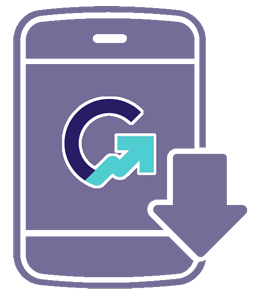
Download the Greysheet app for access to pricing, news, events and your subscriptions.
Subscribe Now.
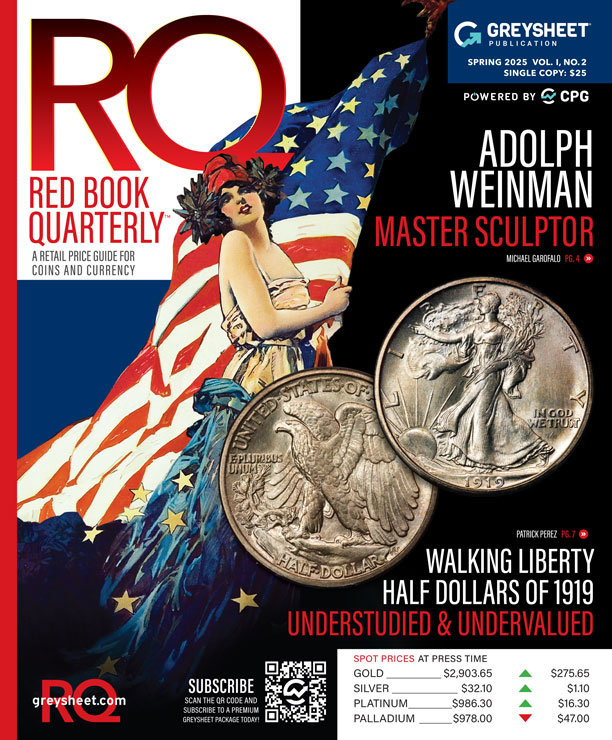
Subscribe to RQ Red Book Quarterly for the industry's most respected pricing and to read more articles just like this.
Source: CDN Publishing
Related Stories (powered by Greysheet News)
View all news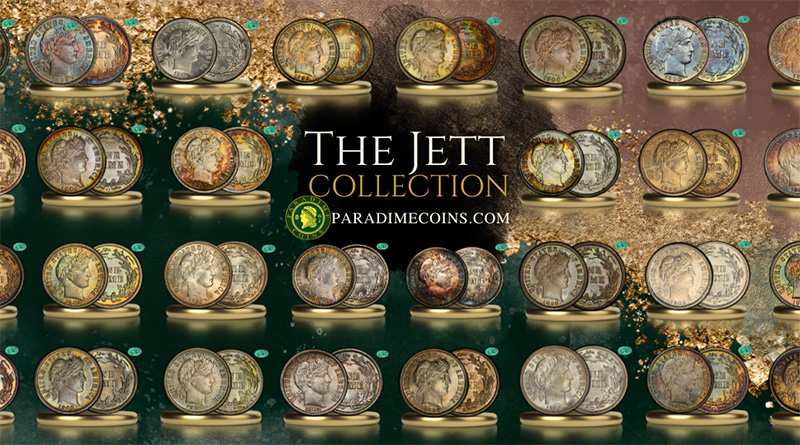
Paradime Coins is proud to announce the public release of The Jett Collection, a curated assemblage of 46 of the finest Barber Dimes ever certified which will be available for purchase individually on June 2, 2025.
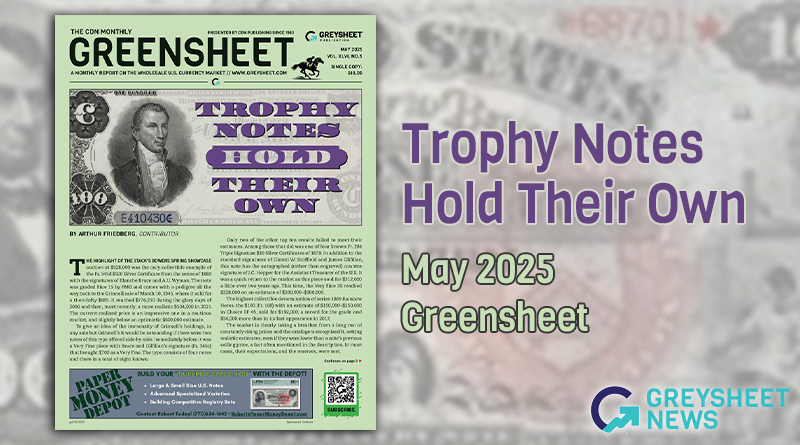
The market is clearly taking a breather from a long run of constantly rising prices.

iOS and Android Game EIGHTH ERA Offers Special Access to NGC MS70 Eagle-in-flight Privy Mark ASEs as Player Reward


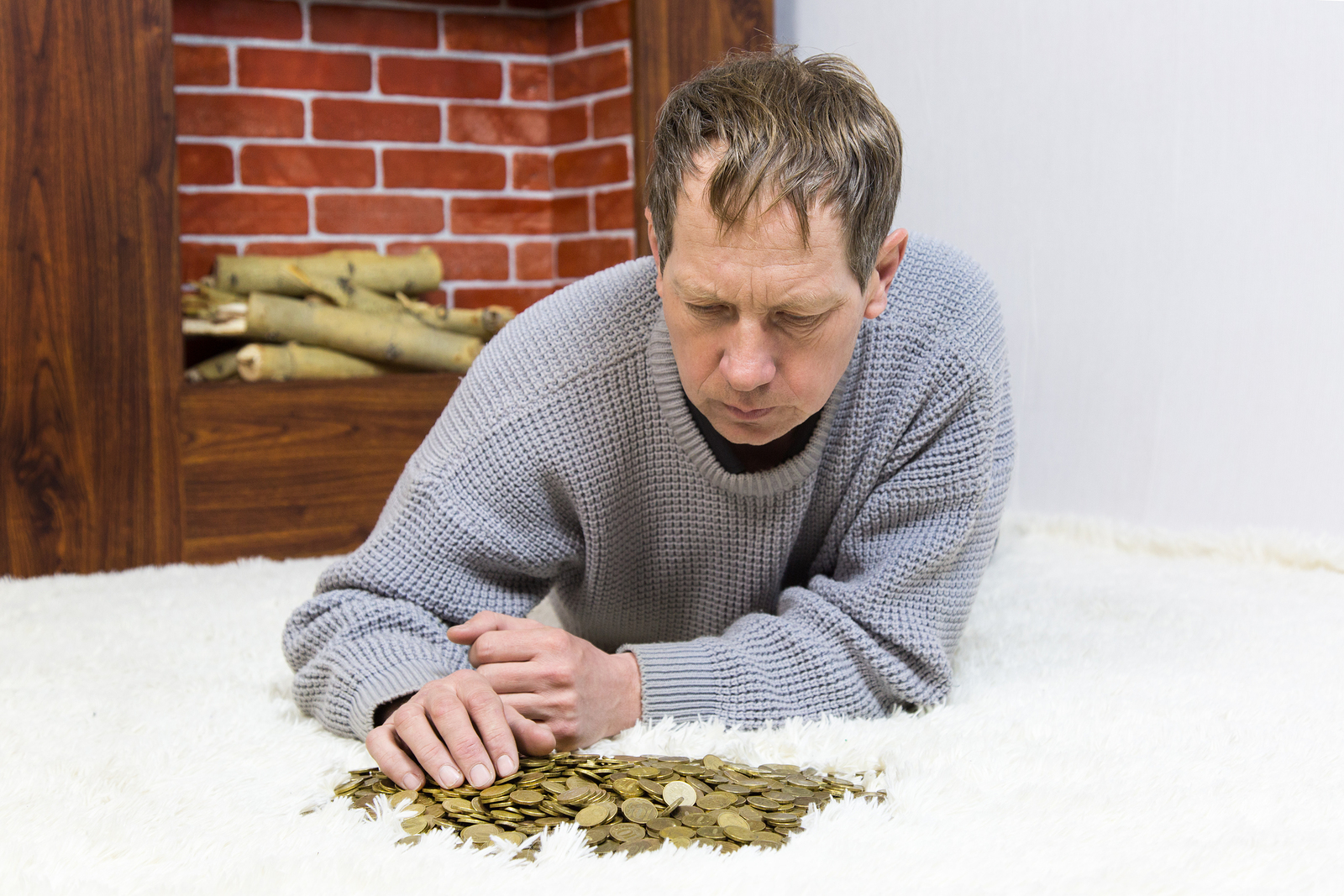






Please sign in or register to leave a comment.
Your identity will be restricted to first name/last initial, or a user ID you create.
Comment
Comments